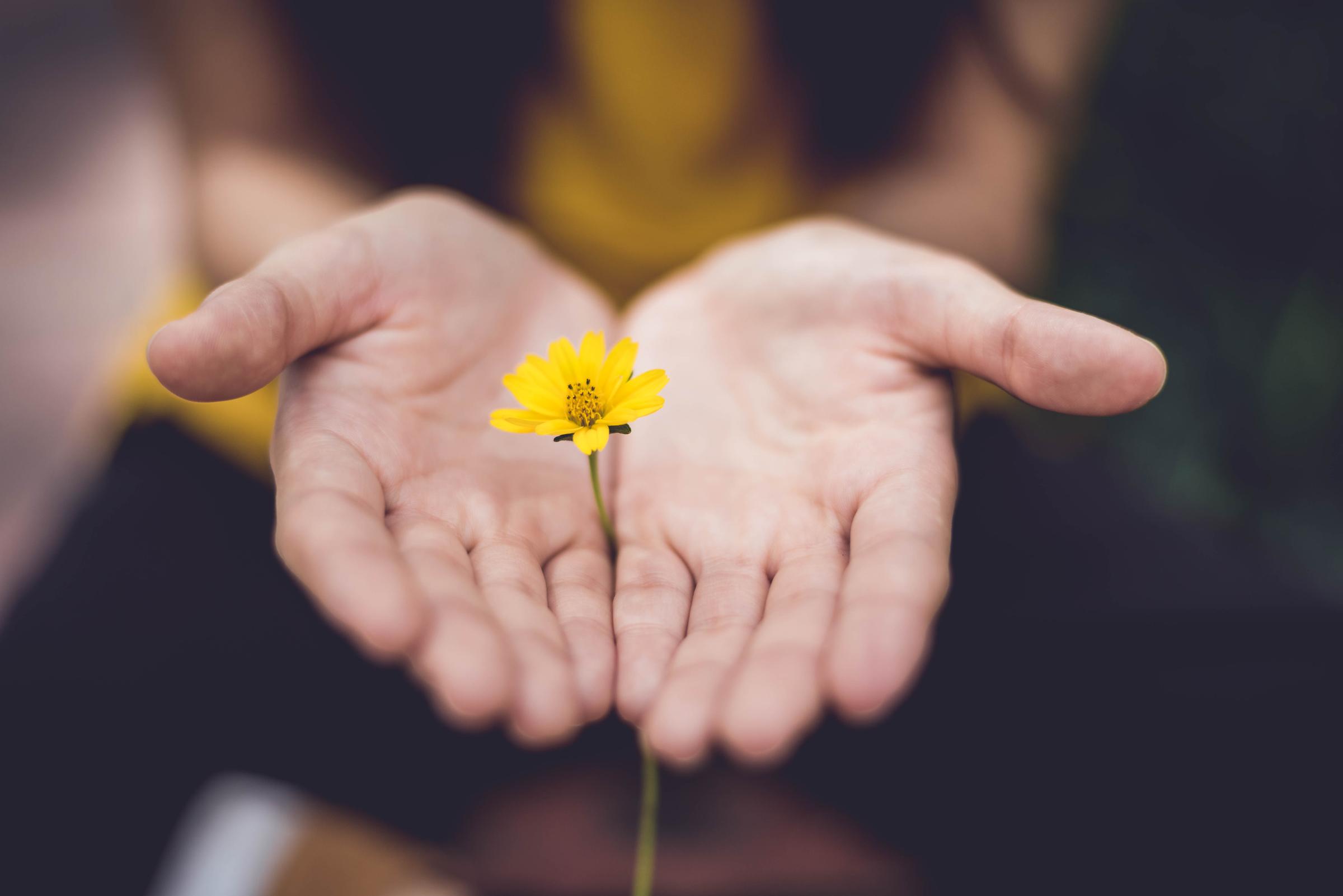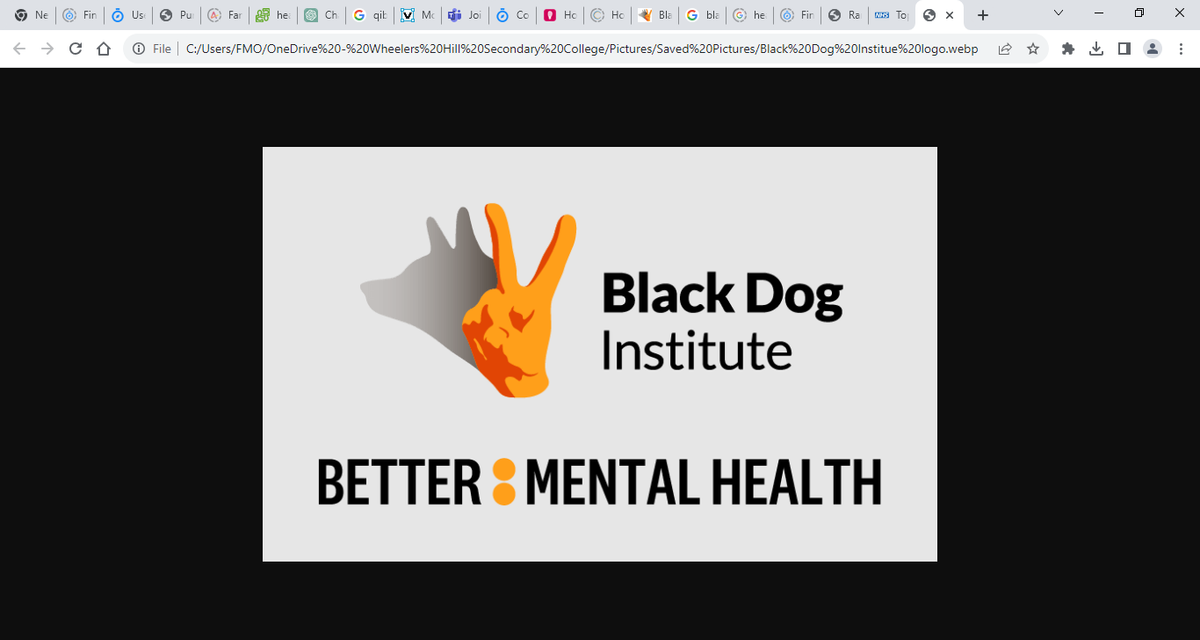Wellbeing News!
Creating Futures Together

Wellbeing News!
Creating Futures Together
Celine Tsang-Student Wellbeing Leader/Counsellor
Celine.Tsang@education.vic.gov.au
Fosia Mohamud-Mental Health Practitioner
Fosia.Mohamud@education.vic.gov.au
Madeline Mitchell- Art Therapist/Counsellor
Madeleine.Mitchell2@education.vic.gov.au
Our goal is to provide a safe and supportive space where students wellbeing and mental health are our top priorities. We encourage both parents and students to reach out early if there are any concerns so that we can offer timely interventions.
Please be assured that counselling sessions are strictly confidential unless safety risks are identified.
Parents can contact our Learning and Wellbeing Leaders to discuss concerns and initiate referrals.
For students, your first point of contact is your teachers and the relevant Learning and Wellbeing Leaders.
Students can also self-refer for wellbeing support using our student referral form Click Here.
The referral forms are also accessible through the wellbeing office, which is open to all students. A member of the wellbeing staff will get in touch with you as soon as possible to schedule a session.
This year, we're putting a spotlight on Mental Health Education. It's not just about spreading awareness; it's about making it easier for everyone to talk about mental health – especially our students.
Why all the fuss about talking? Well, regular conversations help make mental health a normal topic, break down the stigma, and create an atmosphere where it's okay to ask for help. When students feel free to share their thoughts and feelings, it helps them become more emotionally resilient – a superpower for handling life's ups and downs.
Recently, our Year 10 students took a deep dive into the world of mental health and wellbeing. Together, we explored how wellbeing isn't just about being physically healthy; it's about feeling good emotionally, socially, and mentally too. Understanding this bigger picture helps us all take better care of ourselves.
But guess what? The chat doesn't stop at the school gates. Parents are key players too. By keeping communication open and judgment-free at home, parents give their kids a safe space to talk about their feelings. When parents lead by example – taking time for self-care and showing healthy ways to cope with stress – they teach their kids valuable life skills.
And let's not forget about knowledge. When parents learn about mental health, they're better equipped to support their children. From spotting warning signs to knowing where to find help.
So, by keeping those conversations flowing and giving support both at school and at home, we're helping everyone prioritise their mental health and wellbeing. Together, let's build a community where everyone feels heard, understood, and supported – because that's the path to happier, more fulfilling lives.


Check out the Black Dog Institute website here to access information on Mental Health. The Black Dog Institute is a research institute in Australia focused on mental health. It conducts research, delivers clinical services, and provides educational programs to prevent and treat mood disorders such as depression and bipolar disorder. Their work encompasses various aspects of mental health, including understanding the causes and mechanisms of mood disorders, developing effective treatments, and promoting mental health awareness and well-being in the community. Through their research and programs, they aim to reduce the stigma surrounding mental illness and improve the lives of those affected by mood disorders.
Headspace: 24/7 phone counselling service for 12 to 25-year old’s.
P: 1800 650 890 www.headspace.org.au
E-Headspace: 24/7 online counselling service for 12 to 25-year old’s.
www.eheadspace.org.au
Beyondblue: 24-hour Phone and online counselling for mental health.
P: 1300 22 46 36 www.beyondblue.org.au
Beyondblue also have a series of podcasts on various topics.
https://www.beyondblue.org.au/get-support/not-alone
Lifeline: 24-hour phone crisis support and suicide prevention services.
P: 131 114 www.lifeline.org.au/get-help/online-services/crisis-chat
Kids Help Line: 24/7 free phone and online counselling for 13 to 25-year old’s.
P: 1800 55 1800 www.kidshelpline.com.au
Fosia Mohamud
On behalf of the Wellbeing Team